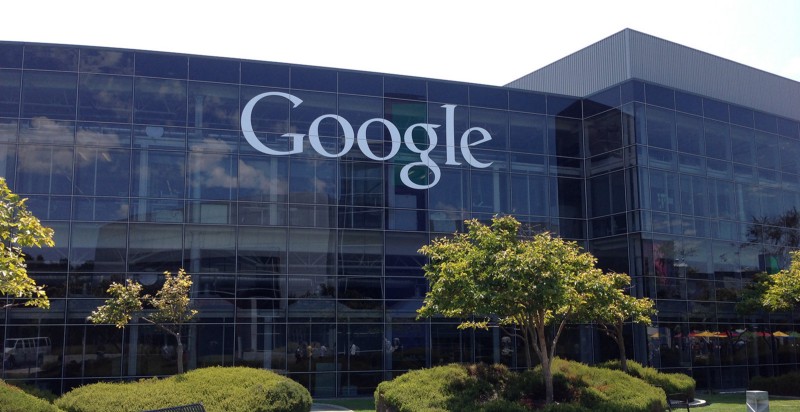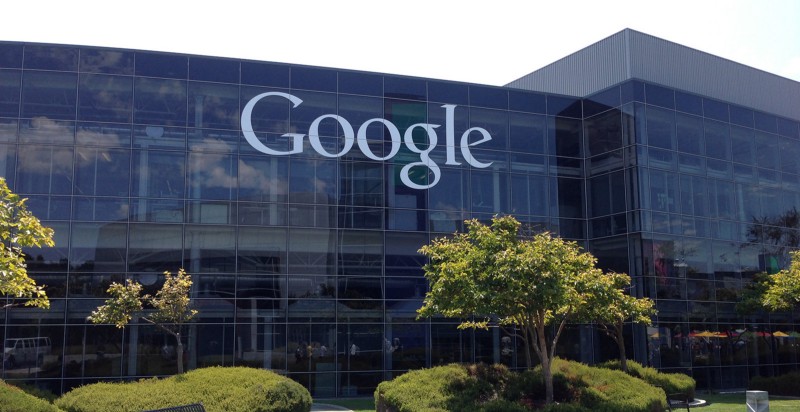by Sameer Khoja
An Interview with Matt Loring, an engineer on Google’s NodeJS Runtime team

I had the pleasure of interviewing Matt Loring (Cornell class of 2015) who works at Google on their Node.js runtime team. He’s also done some pretty awesome projects on the side.
Here’s what Matt had to say.
DISCLAIMER: Opinions expressed are solely Matt’s own and do not express the views or opinions of Google.
What do you do at Google?
I work on diagnostic tooling, profiling, and performance optimization for the Node.js runtime and the V8 JavaScript engine. We make sure that our many clients can rely on using Node.js as their backend service and focus more on the business logic of their applications. More specifically, I contribute to the Node.js open source project and work on tools to make it easy to deploy and monitor Node.js applications on the Google Cloud Platform.
Could you describe the Google Cloud Platform, and how Node.js plays a role?
The Google Cloud Platform allows companies to focus on the business end of their applications rather than spending time managing infrastructure or provisioning servers. Node.js is an incredibly popular option to deploy on to the Google Cloud, and my team helps make that happen.
What is your favorite part about Node.js?
Definitely the community. Not all technology communities are welcoming but the maintainers of the Node.js open source project go out of their way to help first time contributors and encourage community involvement. I didn’t have exposure to Node.js prior to joining Google but the welcoming community really simplified the process of making my first few open source contributions.
What are some resources you would recommend to learn about how the Google Cloud works?
The Google Cloud Platform is a great example of Site Reliability Engineering at work. Google actually has a free online book on how SRE works, definitely check it out! The tutorials here can also be interesting to play with to try out the cloud platform and see how things work.
Google is famous for its 80/20 policy. What do you do in your 20% of spare time?
I’ve always had a strong passion for cybersecurity, and during my free time I assist in Google’s cybersecurity initiatives — my most recent 20% project was in cryptography. I enjoy the diversity of projects and people I’m exposed to while at Google.
What’s one really cool thing about your job?
Working on the Node.js team means you get to travel. A ton. I’ve been to a number of conferences across the world, and I love seeing the impact Node.js has made in the worldwide developer community.
What activities were you involved in at Cornell?
I was the treasurer of the Association of Computer Science Undergraduates while at Cornell, as well as a research mentor for the Cornell Undergraduate Research Board. After interning at Google for a summer, I was a Google Student Ambassador as well.
What research experience did you have in college?
Research was an important aspect of my undergraduate career. After taking Data Structures and Algorithms Honors (CS 2112), I became fascinated with the idea of how languages are created. I undertook language theory research under the professor of that class, Dr. Andrew Myers, and had a unique focus on developing security-typed programming languages. During my time at Cornell and as an intern at Google, I worked on a number of different language and compiler projects.
What projects can I check out?
Jif is a security-typed programming language I worked on at Cornell. It essentially allows you to write permissions for each data type instantiation, which can be a bit cumbersome. I helped write a generics implementation to make that process easier for people to utilize. I also worked on Fabric, the distributed application framework built on top of Jif, as well as Genus, an extension/improvement to the Java type system
Could you speak to your travel experiences while working at Google? What was your favorite experience?
I travel mostly to meet with external collaborators on the Node.js project, to meet with Google teams in other offices, and to attend Node.js conferences. I definitely enjoy the conference travel the most. It’s very rewarding to hear from people who are excited about features that you designed or contributed to.
Who is your mentor?
I have been lucky to find lots of great mentors at Google. Actually, one of the my most influential mentors was someone I met at the gym. After chatting a few times, I learned he was a researcher in an area I’m interested in. He’s provided great advice and we’ve even gotten to collaborate on a project together which was an awesome experience. You never know where you’ll meet a great mentor!
What advice would you have for aspiring Googlers?
Try to get exposure to many different programming languages. Understanding the similarities and differences between languages will help you learn new languages and technologies more quickly. I guess this applies broadly but it’s particularly true at Google where the tools you use and the way you write code may look quite different from what is done elsewhere.
Last Question: Why Google?
I love working for Google for two reasons. For one, the rich diversity of projects and initiatives happening within Google gives you the freedom to explore whatever might catch your interest. And secondly, Google truly cares about its employees. In countless different ways, I have seen Google do amazing things for its people, and it really gives me confidence in the company I work for.
Thanks for taking the time to chat, Matt!
If you liked the article, please feel free to drop a comment and hit the ❤️ button below. Feedback is always appreciated! If you have any questions about my experience, or would like to ask Matt any other questions, you can connect with me via email.
